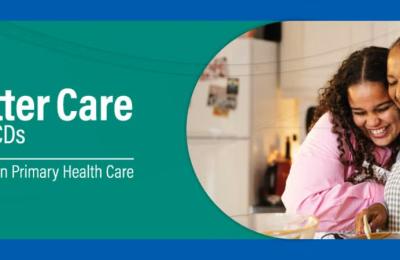Social distancing as protection factor against COVID-19 in a non-metropolitan area in the State of Rio Grande do Sul, Brazil
Objective
To estimate the SARS-CoV-2 seroprevalence in a non-metropolitan area (Vale do Rio Pardo) in the state of Rio Grande do Sul, Brazil, and determine the association between seroprevalence and adherence to social distancing measures.












